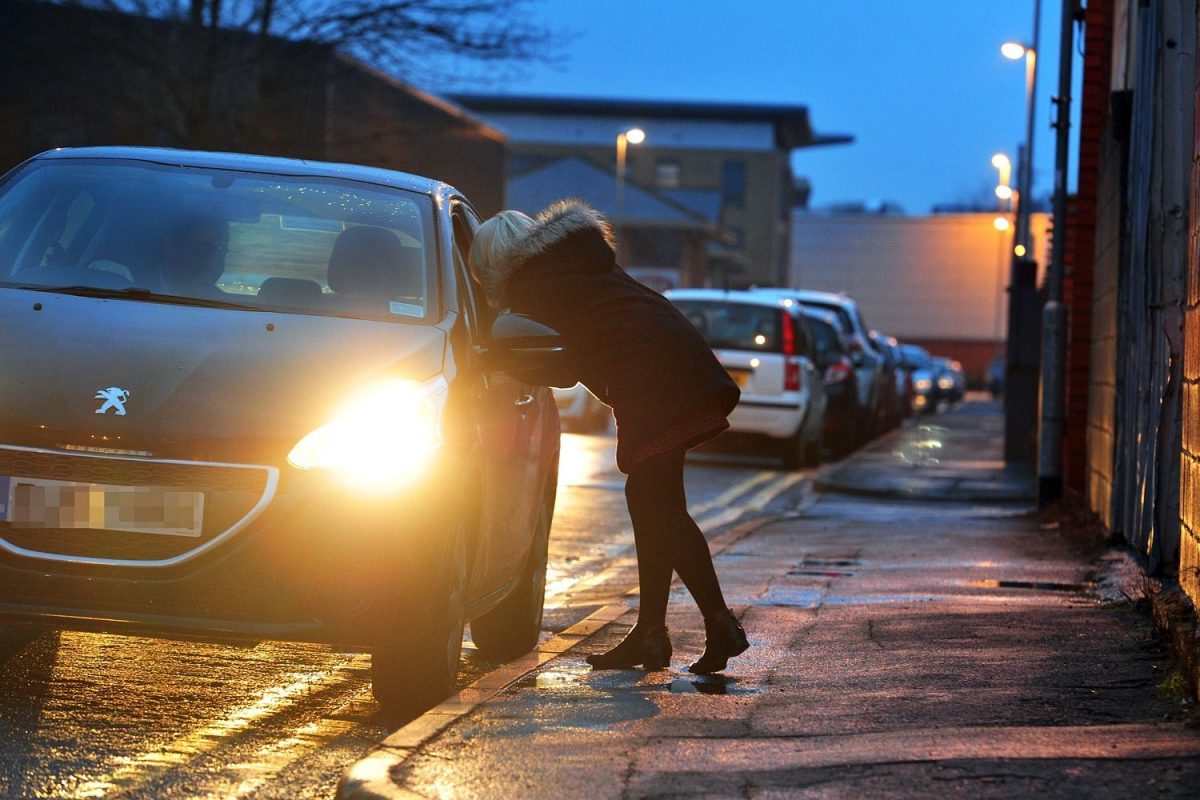‘Sex, Drugs and Murder: Life in the Red Light Zone’
Share:

BBC documentaries have always been highly regarded. Most recently we’ve seen Levine on Love, Reggie Yates Extreme Russia and Drugs Map of Britain, and all have demonstrated how BBC Three have managed to maintain their reputation despite being moved to iPlayer. Sex, Drugs and Murder: Life in the Red Light Zone is yet another gritty, in the midst of it, up-close look at the lives of its subjects. Naturally, it has potential to be distressing, and the matter at hand, (the ‘Red Light Zone’ in Leeds; the first area of the UK in which street prostitution has been legalised in order to help protect sex workers) does not lend itself to light viewing. It follows the lives of a handful of sex workers in the area, most of whom have a drug addiction or have experienced abuse.
It has been criticised by some sex workers for only showing the ‘darker side of the industry’, and the show’s focus on women who face addiction in the area has been viewed as narrow. No doubt, countless numbers of the sex workers are not addicted to drugs, and the documentary does seem to focus on this side of the story. In its defence, the BBC has in the past made a diverse number of programmes on sex work, and far from all of them have focused on similar viewpoints. Programmes like this, which focus on one particular problem in one area, could be harmful and contribute to the growth of dangerous stereotypes and assumptions, but only in isolation. If we saw only the ‘darker side of the industry,’ we may well be lead to believe that that is what all of the industry is and what all sex workers look like. If we saw only the other side, which doesn’t see women selling themselves to fund habits or to keep a roof over their head, we wouldn’t understand where the problems in the industry lie, and that could overall be just as harmful to sex workers, particularly those who are potentially more vulnerable.
With this in mind, I found Sex, Drugs, and Murder: Life in the Red Light Zone to be extremely enlightening. The strength of the women shown, despite situations and pasts that are for most of us totally incomparable, is remarkable, and something which deserves respect. The BBC has a knack for, in most cases, never looking down on those it’s reporting on. How easily this could have been a very different piece is something I was well aware of throughout, and it is this knowledge which makes it so easy to appreciate. The sheer depth of character of the women it follows, I felt, made it far more than a piece of poverty porn depicting drug-addled prostitutes, and despite understandable arguments about inadequate representation of sex workers, I could see clearly throughout the intention behind the documentary, and it was not by any means to paint a distorted picture of the sex industry and those within it. More compassionate and aware pieces of media are, I feel, vital, and this is a prime example of what we need to see more of.
